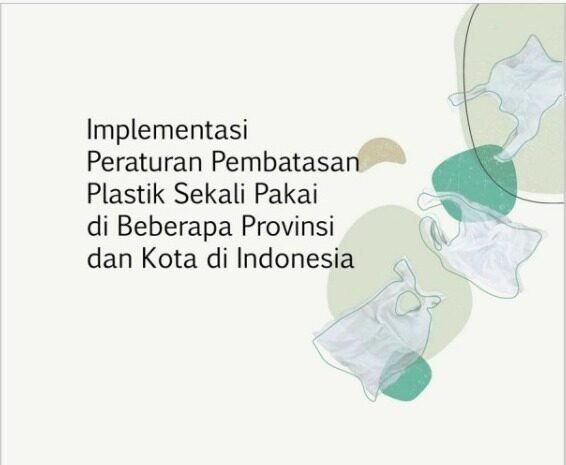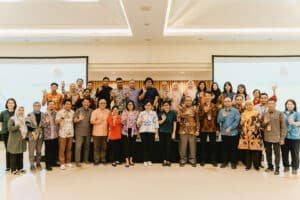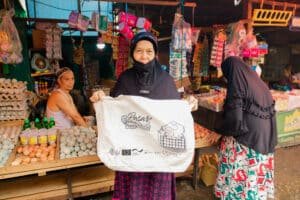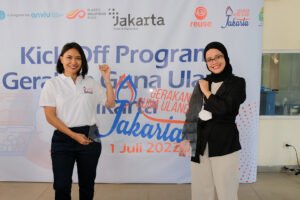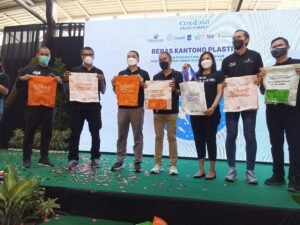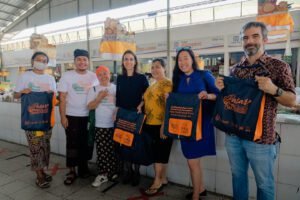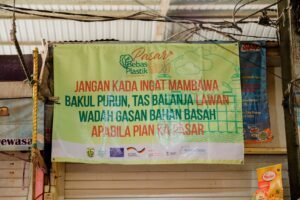The waste problems in Indonesia are currently numerous and complex. In contrast, the government and community’s efforts to resolve these problems have yet to be able to resolve downstream issues in waste management. The waste problem concerns landfill disposal, people’s consumption, and unsustainable production patterns. So, an approach from upstream of the problem is needed, namely regulation of the production process and restrictions on the use of materials that are not environmentally friendly to reduce the rate of waste formation, apart from efforts to handle the waste generation that has already been formed.
The Indonesian Plastic Bag Diet Movement (GIDKP) is an organization that encouraged the trial of “Not Free Plastic Bags” in 2016 in 23 regions and succeeded in reducing plastic bag consumption by up to 55%. GIDKP has a vision to make Indonesia Plastic bag-free by inviting people to be wiser in using plastic bags and switch to using bags that can be used repeatedly to save the environment from the dangers of plastic bags.
Since 2012, GIDKP has helped various cities/districts/provinces in Indonesia conduct academic studies and cross-stakeholder discussions, prepare draft regulations, and provide technical input. GIDKP has undertaken comprehensive research to determine the extent of the implementation/performance of single-use plastic restriction regulations in several provinces and cities in Indonesia.
In carrying out this study, GIDKP identified several things, including:
- The level of public knowledge about regulations limiting single-use plastics in their respective regions.
- The number of single-use plastic bags (at household and business levels) are still being used.
- The number of uses of single-use plastic shopping bags has decreased after the regulation.
- Mapping and identifying the challenges and opportunities the community and stakeholders face in implementing regulations.

